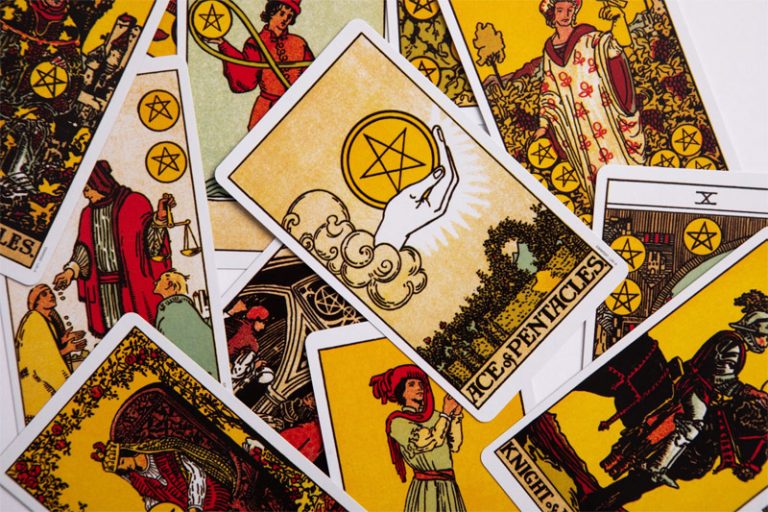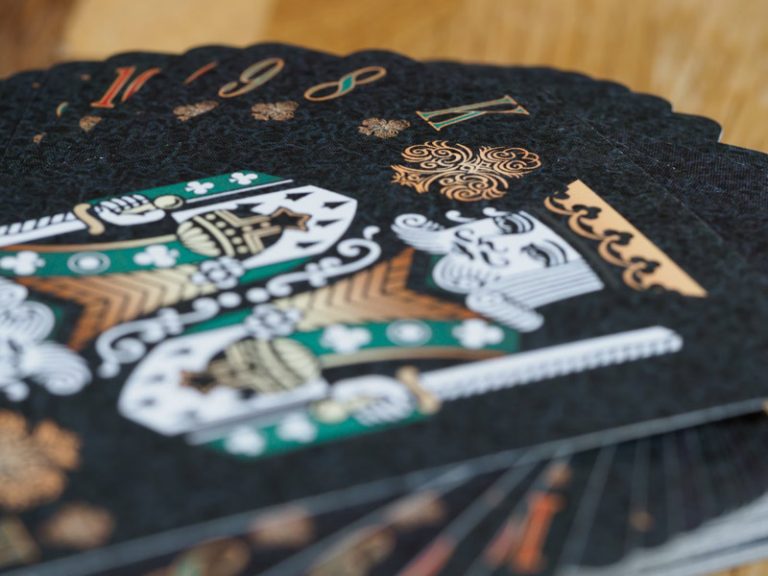While poker and blackjack dominate the landscape of card games in many parts of the world, there exists a vast and diverse array of lesser-known games that offer a glimpse into the rich tapestry of global gaming traditions. From the bustling streets of Asia to the historic salons of Europe, card games have played an integral role in cultures worldwide for centuries, providing entertainment, socialisation, and even spiritual significance. In this exploration, we venture beyond the familiar territory of poker and blackjack to discover the unique variations and cultural significance of exotic card games from diverse corners of the globe.
Discovering Unique Variations Beyond Poker and Blackjack

Card games hold deep cultural significance in various regions worldwide, reflecting their respective societies’ traditions, values, and social dynamics. In many cultures, card games serve as more than just a form of entertainment; they are integral to social interaction and community bonding. For example, in Asian cultures, games like Mahjong are not only a source of amusement but also a way to strengthen familial ties and honour tradition.
Similarly, in European countries, card games like Bridge and Tarot have historical roots that date back centuries, often associated with aristocratic pastimes and intellectual pursuits. In some indigenous communities, card games are intertwined with spiritual practices and storytelling traditions, serving as a means of passing down cultural heritage and connecting with ancestors. Regardless of their specific cultural context, card games offer a shared experience that transcends language and borders, fostering camaraderie and connection among players. Whether played in a traditional setting or a modern $2 deposit casino NZ, these games continue to enrich lives and preserve cultural identities.

Asian card games
Asia boasts a treasure trove of captivating card games, each steeped in history and cultural significance:
- Mahjong: Originating in China during the Qing dynasty, Mahjong is a tile-based game typically played by four players. Its intricate rules involve drawing and discarding tiles to form sets and sequences, blending strategy, skill, and luck. Mahjong holds deep cultural significance in Chinese society, symbolising family unity and tradition.
- Hanafuda: Developed in Japan during the 18th century, Hanafuda, or “flower cards,” features a deck adorned with seasonal flowers and motifs. Players aim to match cards to create combinations and earn points. Hanafuda reflects Japan’s appreciation for nature and aesthetics, with each card representing a specific month or season.
- Tien Len: Also known as “Thirteen” or “Vietnamese Poker,” Tien Len is a shedding-type card game popular in Vietnam. Players compete to empty their hands by playing higher-ranking combinations than their opponents. Tien Len showcases Vietnam’s affinity for strategy-based gameplay and communal entertainment.
These games have evolved over centuries, adapting to changing cultural landscapes while retaining their core mechanics and cultural significance.
European card games
In the salons and coffeehouses of Europe, card games have long been a staple of social interaction and intellectual pursuit:
- Baccarat: Originating in Italy during the 15th century, Baccarat is a game of chance played between the player and the banker. Its simplicity and elegance have made it a staple in casinos worldwide, with variants like Chemin de Fer and Punto Banco adding depth to the gameplay.
- Piquet: Developed in France during the 16th century, Piquet is a two-player trick-taking game known for its strategic depth and emphasis on skilful play. Players compete to win specific combinations of cards and score points based on their hands, requiring careful planning and foresight.
- Tarot: Though primarily associated with divination, Tarot cards have also been used for gaming purposes, particularly in regions like France and Switzerland. Tarot games feature unique deck compositions and rules, with players competing to win tricks and fulfil specific objectives.
These games have left an indelible mark on European culture, influencing the development of modern card games and shaping the landscape of casino gaming.
Middle Eastern and African card games
In the bustling markets and coffeehouses of the Middle East and Africa, card games serve as a vibrant expression of community and culture:
- Basra: Originating in the Arabian Peninsula, Basra is a popular fishing game played with a standard 52-card deck. Players aim to capture cards from the table by matching them with cards from their hand, earning points for each capture.
- Sheepshead: Hailing from Germany but also popular in parts of Africa, Sheepshead is a trick-taking game known for its complexity and strategic depth. Players compete to win tricks and form specific combinations of cards to score points.
- Ombre: Originating in Spain but widely played across North Africa, Ombre is a trick-taking game featuring bidding and trump suits. Based on their bids, players aim to win a certain number of tricks, and special rules govern the play of certain cards.
These games not only provide entertainment but also serve as a means of socialising and storytelling within communities.
Latin American card games
Latin America is home to a vibrant tapestry of card games, each reflecting the region’s rich cultural diversity and history:
- Truco: Originating in Argentina but popular throughout Latin America, Truco is a trick-taking game known for its bluffing and negotiation elements. Players form alliances, bluff their opponents, and strategically play their cards to win tricks and score points.
- Carioca: Hailing from Brazil, Carioca is a shedding-type card game similar to Rummy. Players aim to be the first to get rid of all their cards by forming sets and sequences while also strategically blocking their opponents’ moves.
- Escoba: Commonly played in countries like Mexico, Colombia, and Spain, Escoba is a point-scoring game where players aim to capture cards from the table that add up to a certain value. The game’s name, meaning “broom” in Spanish, refers to the act of “sweeping” the table clean of cards.
These games not only provide entertainment but also reflect Latin American culture. Their regional variations and strategic depth showcase the diversity and richness of the region’s gaming traditions.
Indigenous card games
Indigenous communities around the world have their rich traditions of card games, each reflecting the unique heritage and values of its people. For instance, hailing from the Maori culture of New Zealand, Patukimane is a traditional card game similar to Whist, where players compete to win tricks and score points. It provides a platform for social interaction and friendly competition, fostering community cohesion and preserving Maori cultural heritage. Through these games, knowledge is passed down from elders to younger generations, ensuring the continuity of cultural practices and values for years to come.
Modern innovations and globalisation
In the digital age, the world of card games is undergoing a transformation as globalisation and technology open up new avenues for the exchange of gaming traditions and experiences. Online platforms and social media have made it easier than ever for players from different cultures and regions to connect and share their love of card games, sparking renewed interest in traditional games and fostering a sense of global community. Whether learning Mahjong from a tutorial video or playing Truco with friends halfway around the world, modern innovations are helping preserve and promote the diversity of card games worldwide, ensuring that these timeless traditions continue to thrive in the digital age.
In conclusion, the world of card games is as vast and diverse as the cultures that play them, offering a fascinating glimpse into the traditions, values, and social dynamics of societies around the globe. From the ancient streets of Asia to the bustling markets of Latin America, card games have been a beloved pastime for generations, providing entertainment, socialisation, and cultural enrichment for players of all ages. By exploring the unique variations and cultural significance of exotic card games from different regions, we gain a deeper appreciation for the rich tapestry of global gaming traditions and the timeless appeal of these beloved pastimes.
The published material expresses the position of the author, which may not coincide with the opinion of the editor.